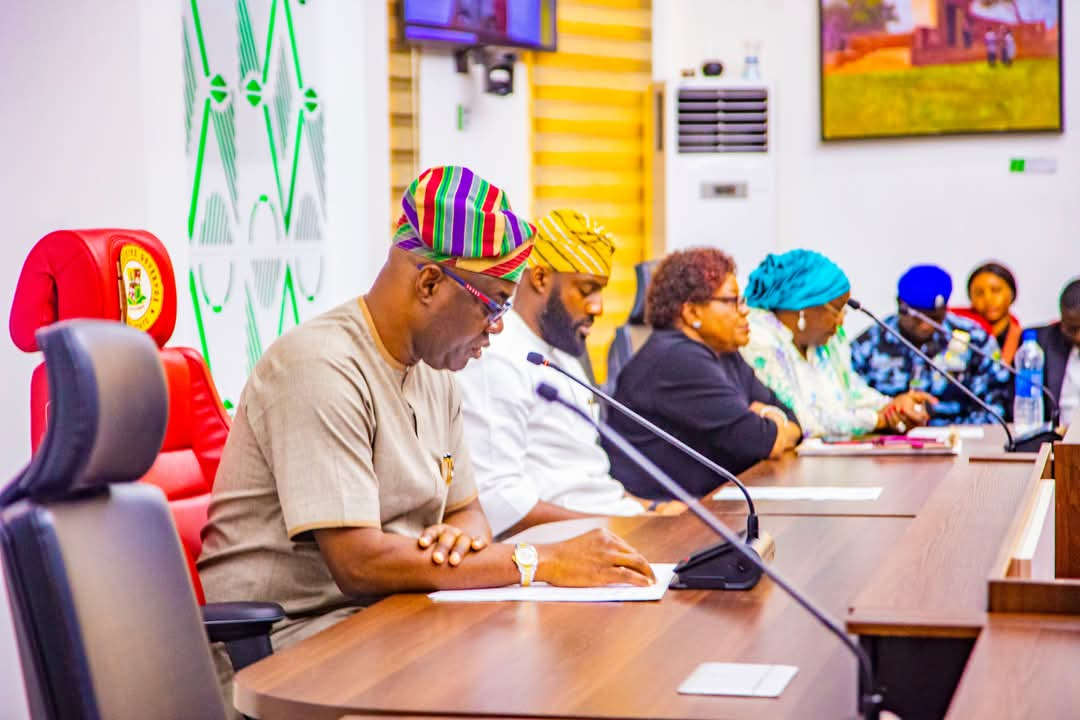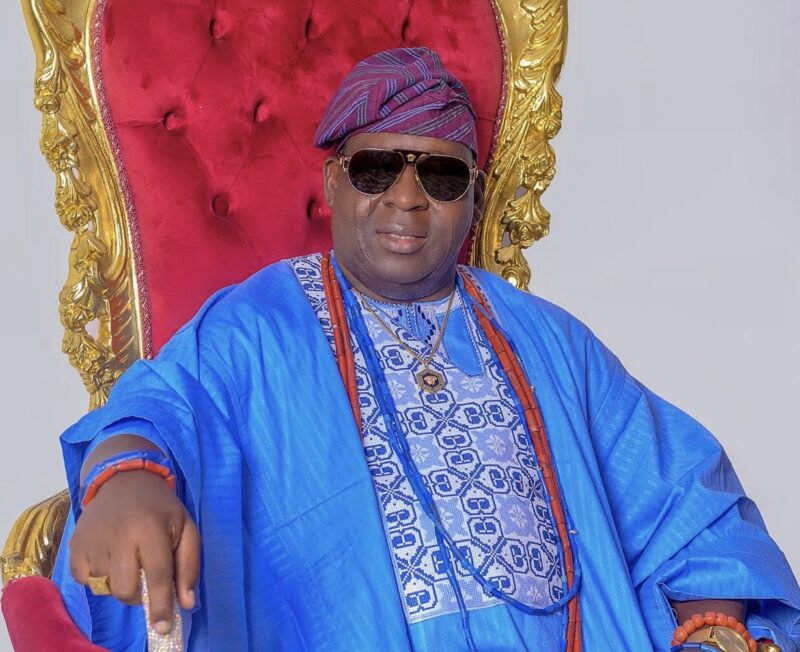Renowned thespian scholar, Professor Segun Oyeleke Oyewo, has underscored the therapeutic power of Theatre Arts. He described it as a tool for healing global crises such as war, hunger, and poverty.
Professor Oyewo delivered the 276th inaugural lecture of the University of Ilorin. The lecture was titled “Imagine a World without Theatre and its Realities on the Stage and the Environment in Nigeria.”
He is the Head of the Department of Performing and Film Arts at the university. He emphasized the pivotal role of theatre in societal transformation.
According to the academic, theatre serves as a vital means of restoring balance in times of turmoil. He cited Goethe, who said, “An artless society is a heartless society.”
He stressed that the arts foster empathy and human connection.
Professor Oyewo referenced his research on psychometamimesis. This concept explores drama’s role in therapeutic intervention for mental illness. He asserted that theatre provides a controlled environment for emotional expression. He said it holds significant potential for mental health treatment.
Beyond audience impact, the don highlighted the physical and emotional benefits of performance arts for practitioners. He noted that engaging in theatre promotes physical wellness. He explained that actors utilize movement, gestures, and body expression. This enhances fitness and mental well-being.
Additionally, he described theatre as a powerful tool for education. He said it fosters critical thinking, creativity, and emotional intelligence. These skills are essential for personal and professional development.
To ensure the sustainability of theatre in Nigeria and beyond, Professor Oyewo proposed several key reforms. He called for the establishment of university performing companies. He said they would complement academic learning, facilitate research, and generate revenue.
He also called for the introduction of finishing schools. He said these schools would enhance the employability of Theatre Arts graduates.
Professor Oyewo urged universities to explore cross-border partnerships within the African diaspora. He said this would help preserve and promote African cultural heritage.
He stressed the need for professional oversight. He recommended that theatre associations enforce moral standards. He said they should provide regulatory frameworks to strengthen the industry.
Furthermore, he encouraged the digitization of cultural content. He said theatre productions should be archived. He suggested making them accessible for educational and historical purposes.
Professor Oyewo concluded with a passionate call to action. He said, “It is unimaginable for theatre to die because its death will bring great cataclysm to society.”
He urged all stakeholders to recognize and harness the transformative power of theatre for national and global advancement. His insights reaffirm the enduring relevance of Theatre Arts. He said theatre is not just entertainment. It is also a force for healing, education, and cultural preservation.















